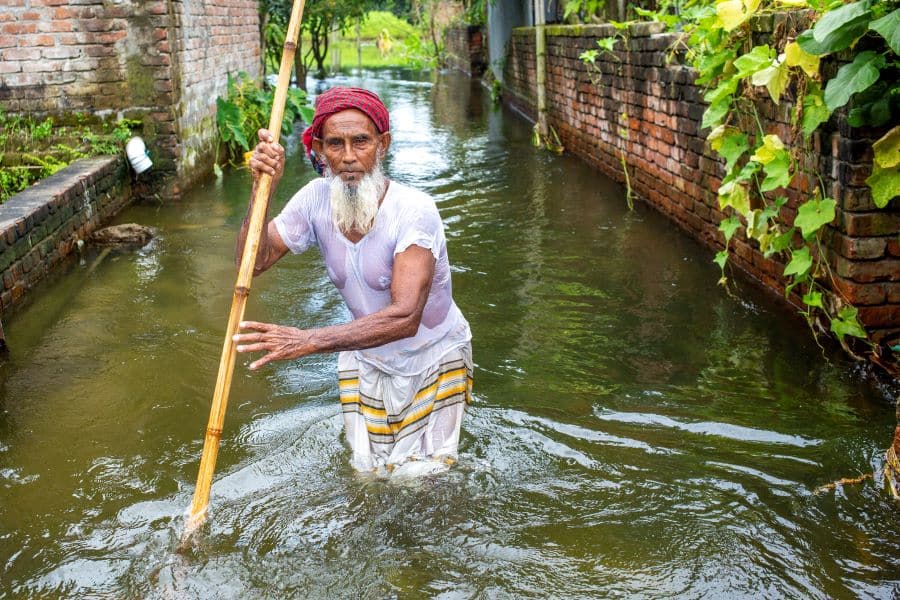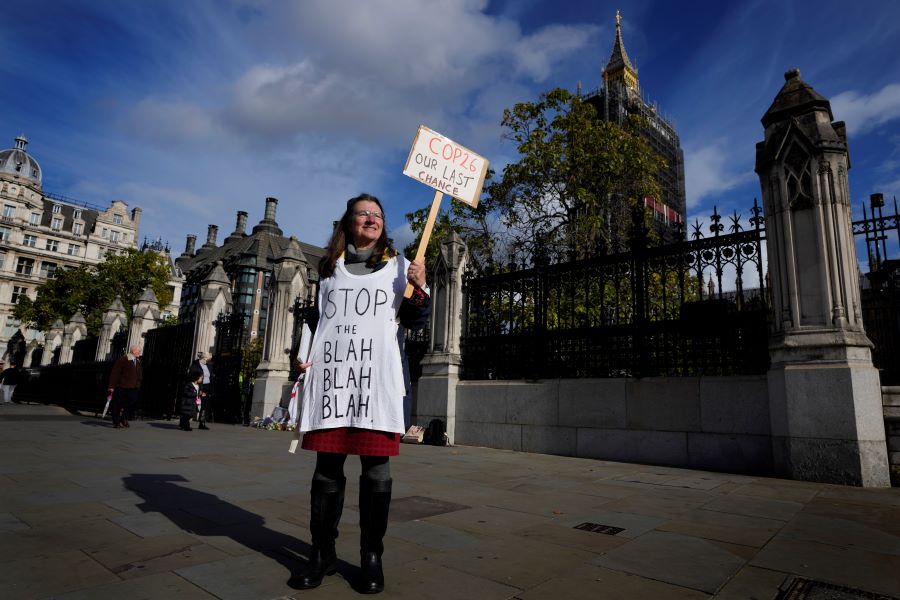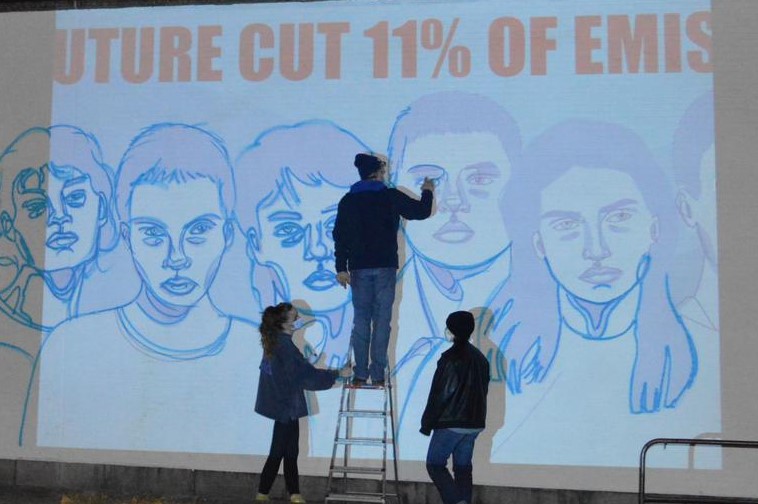
by Malcolm Davidson | 23 Nov 2021 | Climate change, Environment, World
The COP26 climate summit offered scant relief to developing nations. If political will for a grand bargain is lacking, can solutions emerge to save Earth? A man wades through a flooded area of Dhaka, Bangladesh, 10 August 2020. (EPA-EFE/MONIRUL ALAM) Wildfires, floods...

by Nelson Graves | 12 Nov 2021 | African Leadership Academy, Climate change, Environment, European School Brussels, Podcasts, Politics, Thacher School, World, Youth Voices
Four students express frustration, anger and disappointment over climate change and urge world leaders to listen to youth before it’s too late. News Decoder · Youth speak out about climate change Frustrated. Angry. Disappointed. Climate change inspires a mix of...

by Sue Landau | 1 Nov 2021 | Climate change, Educators' Catalog, Environment, Politics, World
Nations have not lived up to commitments made in Paris six years ago. But there has been progress in combating climate change. Let’s not lose hope. A protester participates in a demonstration calling for urgent measures to combat climate change, Brussels,...
While the UN’s Climate Change Conference COP26 left some constituents hoping for more action, correspondent Sue Landau offers a perspective on how far we’ve come in the fight against climate change. There have been major industrial developments since the Paris climate talks in 2015 that started to put real, clean alternatives to fossil fuels within our grasp. But they were not without their naysayers, who tend to forget that we are at the beginning of the story, not the end. Solar power is in its infancy but has the potential to be harnessed much more. Green hydrogen as a fuel and industrial feedstock is still mostly in the development stage. Carmakers are betting heavily on the future of electric vehicles. Change takes time.
Exercise: Ask students to compare and contrast alternative energy sources, noting costs and benefits for each.

by Jeremy Lovell | 27 Oct 2021 | Climate change, Environment, Politics, World
Like many international negotiations, UN climate talks eschew voting and require consensus of all nations for an accord — a curious form of democracy. A climate demonstrator outside parliament in London, 25 October 2021 (AP Photo/Kirsty Wigglesworth) This story...

by Gustav Paulander, Henrik Skaringer and Thomas Winship | 7 May 2021 | Climate change, Educators' Catalog, Environment, European School Brussels, Student Posts, Youth Voices
Individual acts to shrink our carbon footprint are fine. But to prevent a climate disaster on Earth, governments must pass laws to cut carbon emissions. News Decoder · The Great Acceleration The numbers are shocking. In just seven decades, our population has more than...
In this podcast, three students from the European School of Brussels II argue that individual acts to shrink our carbon footprint are fine, but governments must pass laws to cut carbon emissions to prevent a climate catastrophe. Gustav Paulander, Henrik Skaringer and Thomas Winship examine “The Great Acceleration” – the dramatic surge in growth across a large range of measures of human activity since the mid-20th Century – and what it implies for our planet’s future.




